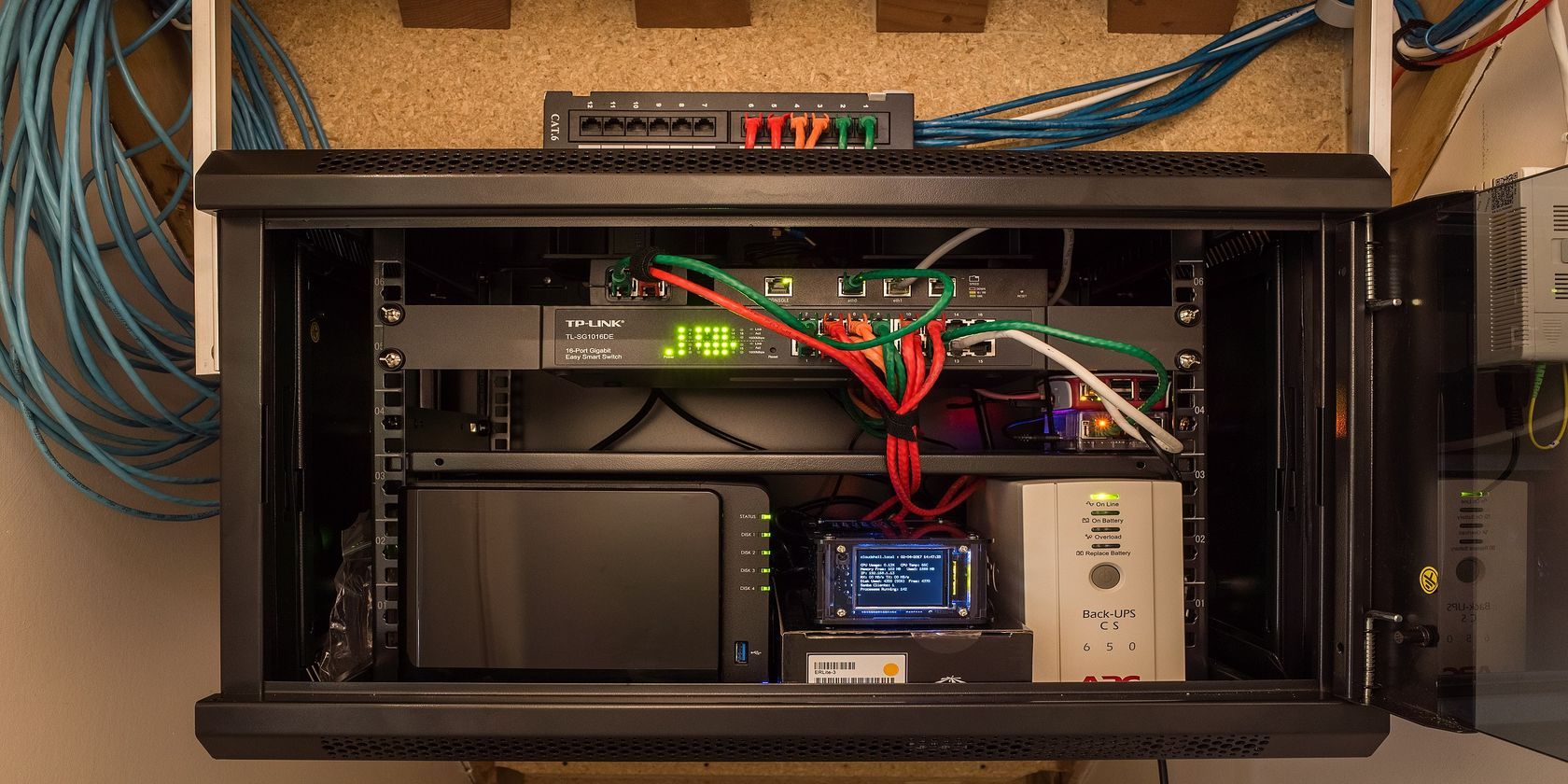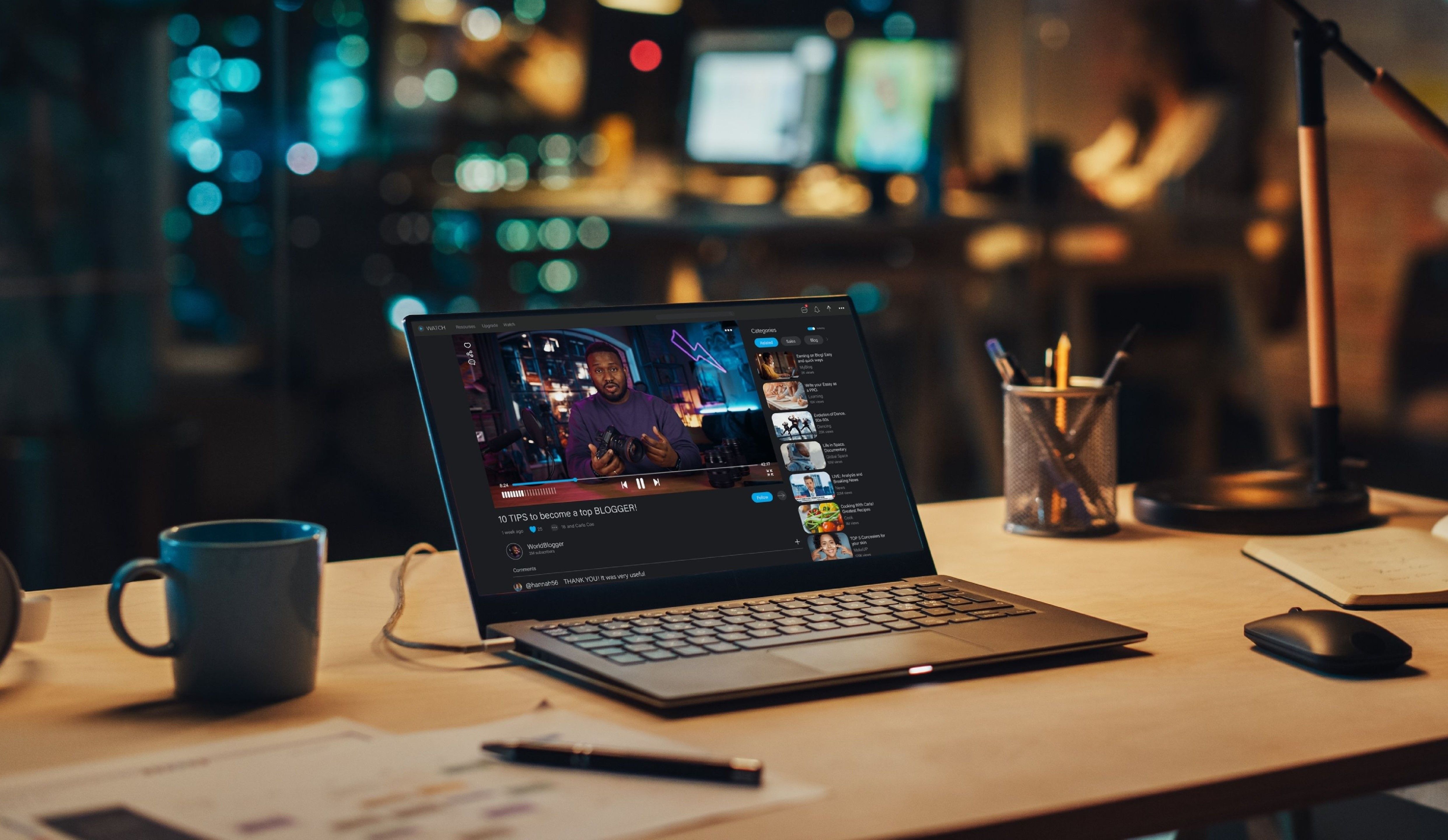Key Takeaways
- Wired devices are cheaper than wireless, making them a more cost-effective choice for tech needs.
- Wired networks are more reliable and faster compared to wireless, offering better performance overall.
- Wired devices don’t require charging, ensuring uninterrupted functionality and contributing to less e-waste.
Wireless devices are often touted as superior to wired, but I’m not buying the hype. For me, wireless tech comes with inconveniences that downplay the benefits of portability and reduced clutter.
Whether for better sound quality, faster internet speeds, or simply avoiding the frustration of dropped connections, I stick to wired solutions for all my tech needs. Here’s why I believe going wired is still the best choice in today’s wireless-obsessed world.
1 Cost Considerations
Wired devices are generally cheaper than wireless alternatives. When I need new tech, I choose wired headphones, mice, and keyboards every time because the wireless versions tend to cost between 20 and 50 percent more, depending on the brand. Wireless headphones, for example, are more expensive since they include built-in batteries, wireless receivers, and sometimes noise-cancelling technology.
I understand that the convenience and flexibility are worth the premium for some users, but that doesn’t justify the current push for wireless tech, particularly from smartphone manufacturers.
2 Reliability and Performance
A wired network is less prone to interference and will be faster, more reliable, and more secure than a wireless network, on average. Ethernet connections can reach up to 10 Gbps or higher.
Wi-Fi 6 theoretically maxes out at 9.6 Gbps, but real-world speeds are usually lower due to interference, signal strength, and the number of connected devices. With a wired connection, you can be sure you are getting your router’s full bandwidth.
The instability of wireless networks can disrupt the functionality of smart home devices. You never know when one of your smart devices will drop off and refuse to work, but the old wired systems, whether a traditional thermostat or a home security system, are always reliable.
It affects wireless peripherals too. Wired tech means plug-and-play, while wireless usually requires you to set something up. I prefer to be productive with the time it takes to fuss over a “clutter-free, minimal” desk setup.
And then, there’s wireless charging, which is a great example of an inefficient and unreliable wireless solution.
3 Power and Battery Limitations
A wired device, in general, is one less thing to charge. My wired mouse and keyboard never need charging because they have no batteries to begin with. This means I don’t get interrupted during an important task due to low battery, and there is no need to keep track of charging cables or spare batteries. All I know is my devices will work every time I connect them to the computer.
I’ll also mention that wired tech tends to be more durable than wireless due to having fewer complex components that can degrade over time. Since it is much easier to repair on average, wired tech is also less likely to become e-waste.
4 Audio and Video Quality
While wireless tech has indeed come a long way, it is still not a one-for-one comparison with wired tech. You would have to move to a higher price range to get the same audio quality from wireless headphones as you would from a wired set. Even then, you would still have to deal with issues like interference and latency.
A wired connection is almost always better for streaming and teleconferencing. Wi-Fi is prone to jitters and drops, causing visible glitches in real-time communication. Whether you’re watching a 4K movie, engaging in a video call, or streaming a live event, the stability and clarity that wired technology offers are still unmatched in most cases.
It’s great that we live in a world where we can choose between wires and no wires, but I’m sticking with the dangles and tangles over unreliability and premium pricing. I will admit that there are tradeoffs to both types of technology. However, my experience has proven that wired tech is far more reliable, efficient, and hassle-free.




